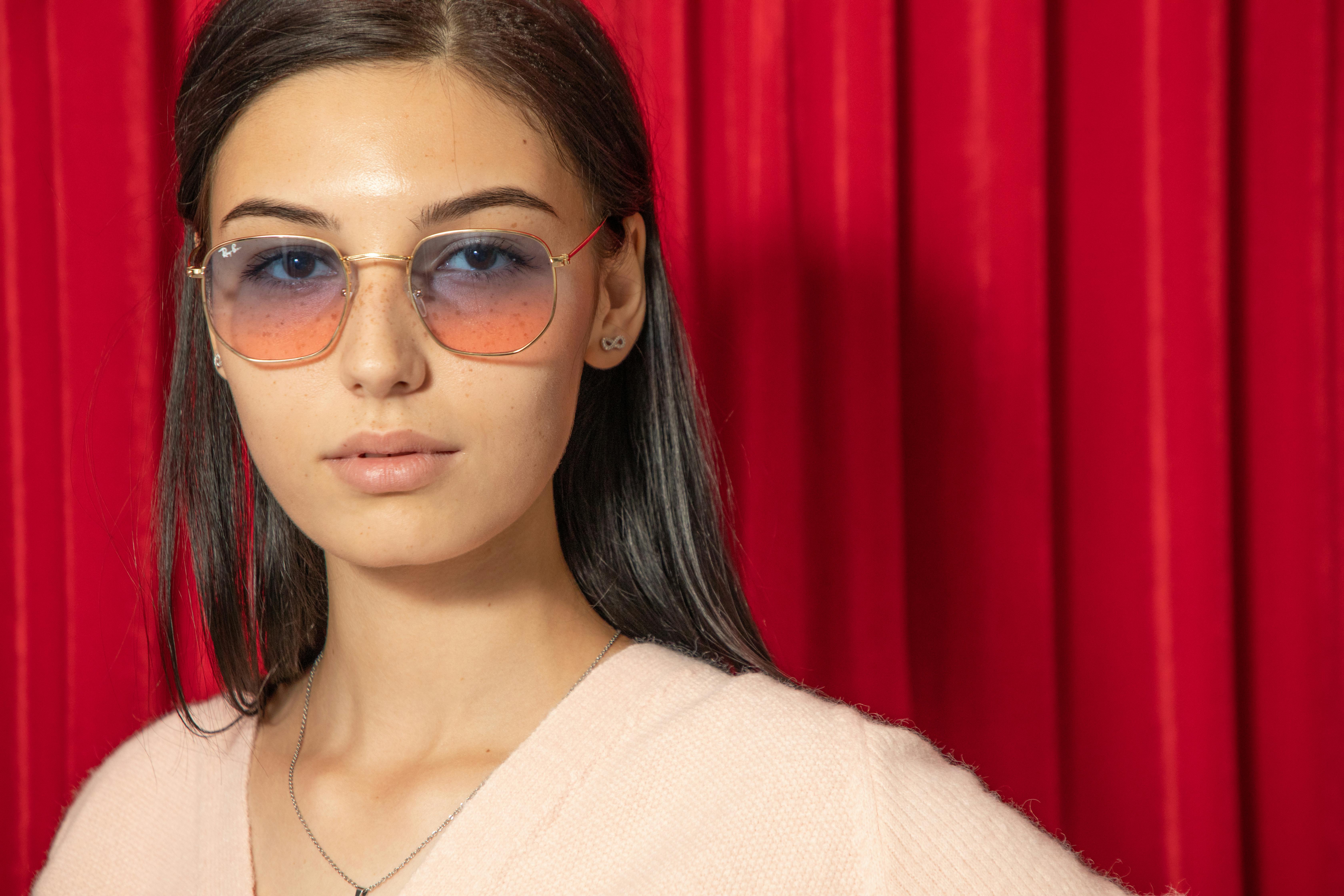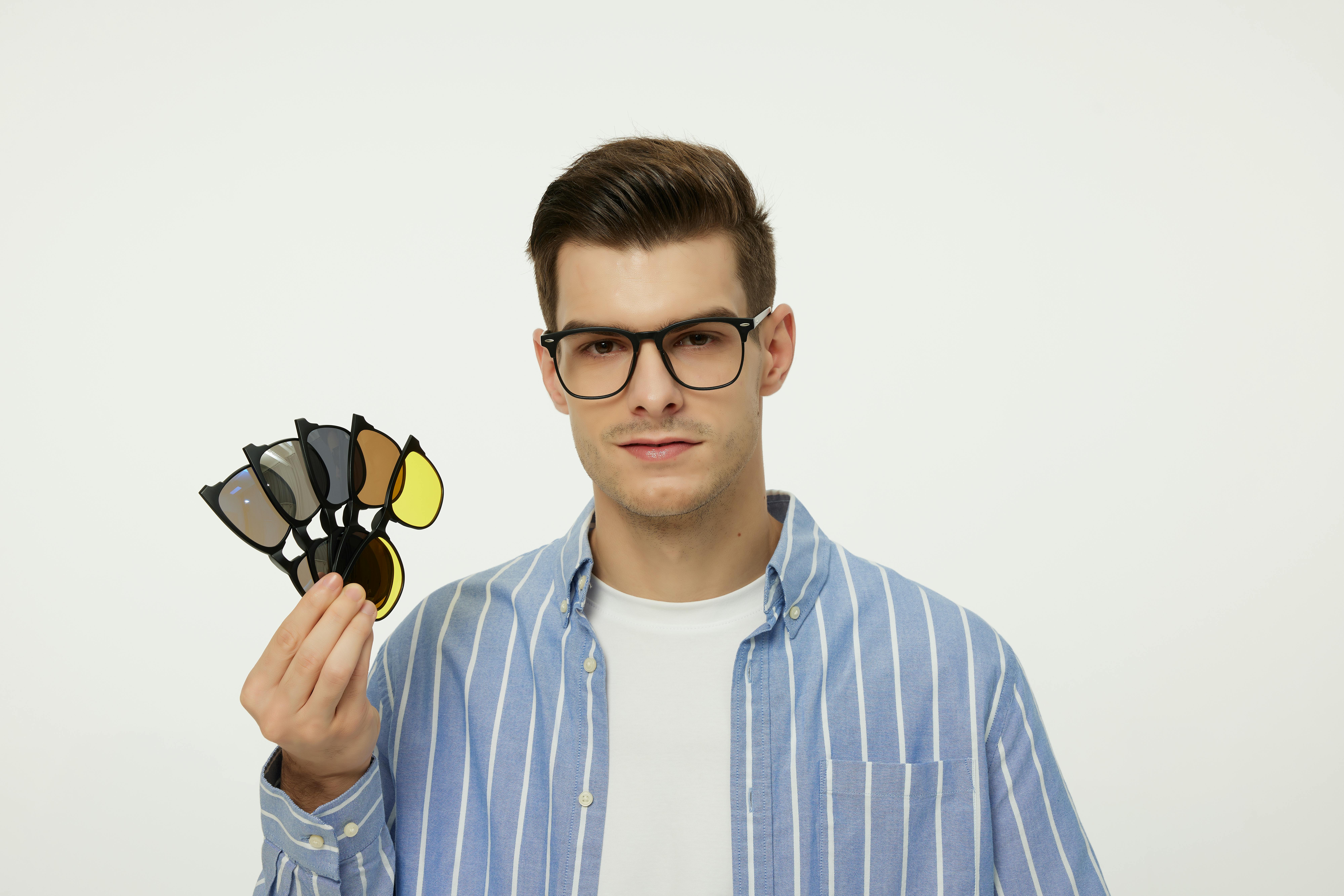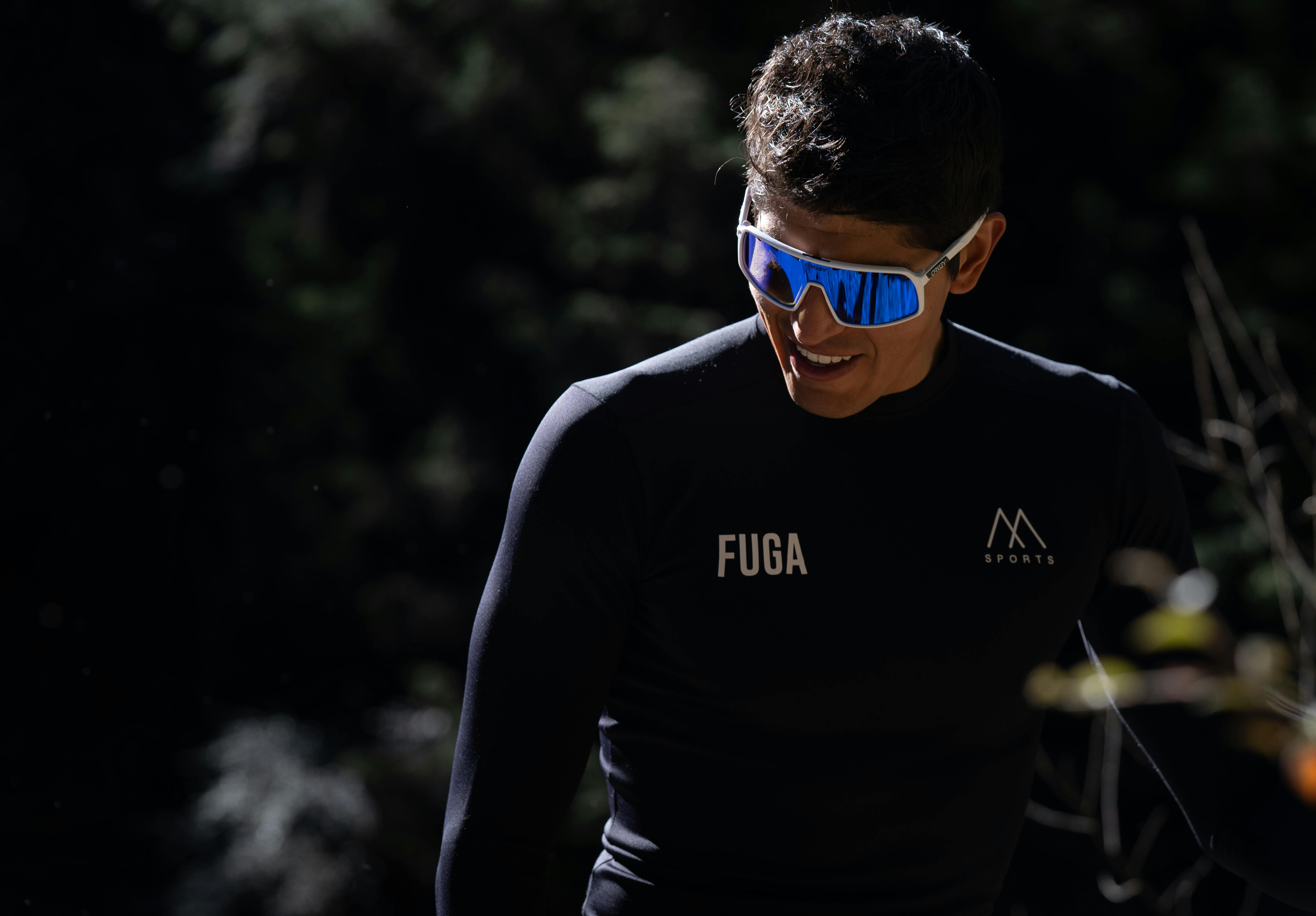Decoding UV400: What It Means for Your Sunglasses
When shopping for sunglasses, you’ve likely come across the term "UV400" on labels or product descriptions. But what exactly does it mean, and why is it important for protecting your eyes? In this post, we’ll break down UV400, its significance, and how it ensures your sunglasses provide optimal protection against harmful ultraviolet (UV) rays.
What Is UV400?
UV400 refers to a level of protection that blocks 100% of ultraviolet (UV) rays up to 400 nanometers (nm) in wavelength. Since UV radiation falls within the range of 100–400 nm, sunglasses labeled UV400 are designed to filter out all UVA, UVB, and UVC rays, offering complete protection for your eyes.
Understanding UV Radiation
UV radiation is divided into three main types:
UVA (315–400 nm) – Penetrates deep into the eye, contributing to long-term damage like cataracts and macular degeneration.
UVB (280–315 nm) – Mostly absorbed by the cornea but can cause sunburn and photokeratitis (a painful eye condition).
UVC (100–280 nm) – The most harmful, but fortunately, it’s mostly absorbed by the Earth’s ozone layer.
Since prolonged UV exposure can lead to serious eye conditions, wearing sunglasses with UV400 protection is crucial.
Why UV400 Matters for Sunglasses
Not all sunglasses provide the same level of UV protection. Some may have dark lenses but lack proper UV filtering, which can actually be more harmful because dark lenses cause your pupils to dilate, allowing more UV rays to enter.
Here’s why UV400-certified sunglasses are essential:
✔ Prevents Eye Damage – Reduces the risk of cataracts, macular degeneration, and other UV-related eye diseases.
✔ Protects Delicate Skin – Shields the thin skin around your eyes from premature aging and skin cancer.
✔ Enhances Visual Comfort – Reduces glare and improves clarity in bright sunlight.
How to Ensure Your Sunglasses Have UV400 Protection
Check the Label – Look for "UV400" or "100% UV protection" on the product description.
Look for Certification – Some brands provide independent lab testing results.
Visit an Optician – They can test your sunglasses with a UV meter to confirm protection levels.
Myth Busting: Does Lens Color Affect UV Protection?
No! The darkness or color of the lens doesn’t determine UV protection. Even clear lenses can have UV400 coating, while dark lenses without proper UV filtering offer no real protection.
When choosing sunglasses, UV400 protection should be your top priority—not just style or lens tint. Investing in high-quality UV-blocking sunglasses ensures long-term eye health and comfort under the sun.
Next time you buy shades, look for the UV400 mark and enjoy the sunshine safely!

.jpg)















.webp)

.png)
.webp)

.png)



Comments
Post a Comment
Share your thoughts and Questions here.